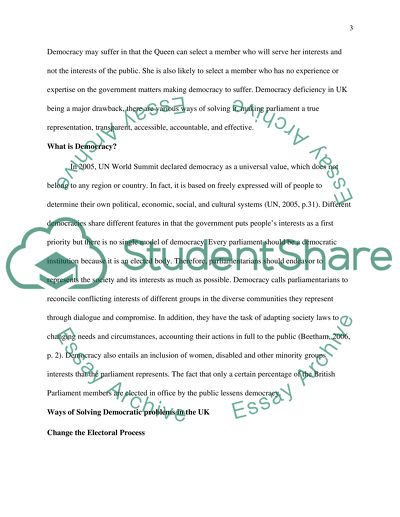Cite this document
(“Resolving democratic deficiencies in British parliament Essay”, n.d.)
Resolving democratic deficiencies in British parliament Essay. Retrieved from https://studentshare.org/law/1465904--the-british-parliament-suffers-from-serious
Resolving democratic deficiencies in British parliament Essay. Retrieved from https://studentshare.org/law/1465904--the-british-parliament-suffers-from-serious
(Resolving Democratic Deficiencies in British Parliament Essay)
Resolving Democratic Deficiencies in British Parliament Essay. https://studentshare.org/law/1465904--the-british-parliament-suffers-from-serious.
Resolving Democratic Deficiencies in British Parliament Essay. https://studentshare.org/law/1465904--the-british-parliament-suffers-from-serious.
“Resolving Democratic Deficiencies in British Parliament Essay”, n.d. https://studentshare.org/law/1465904--the-british-parliament-suffers-from-serious.


